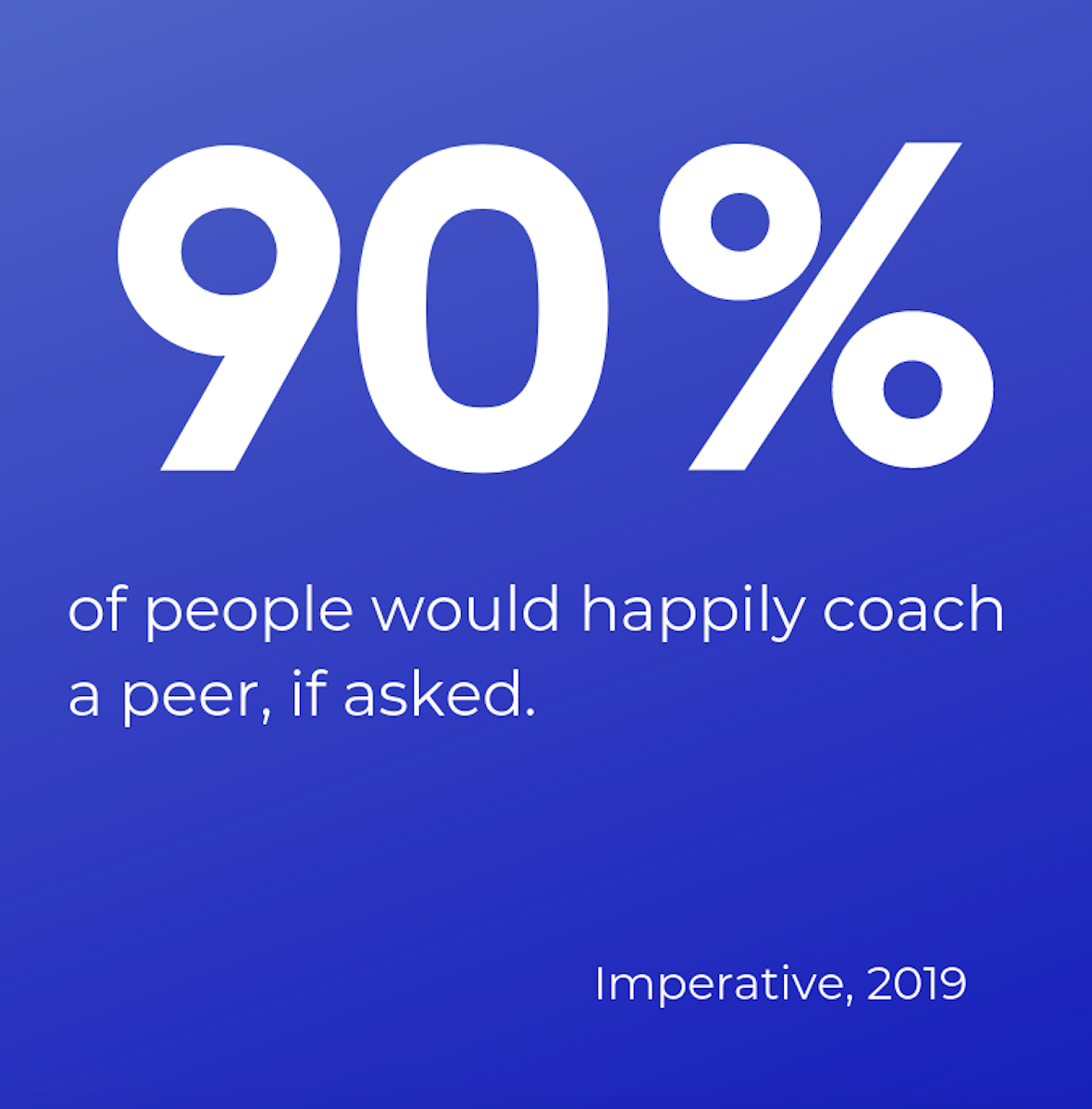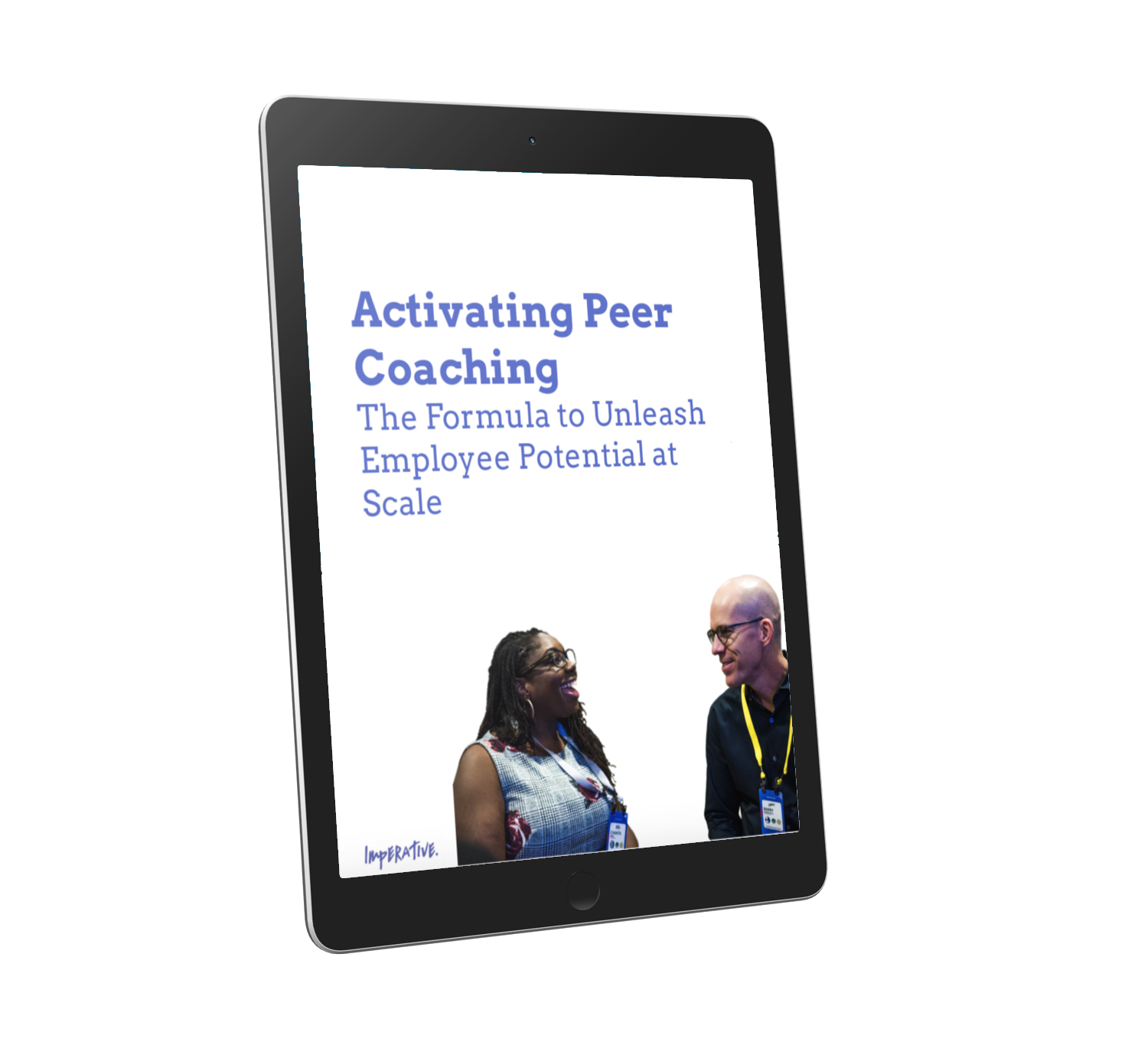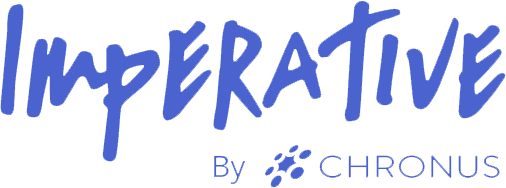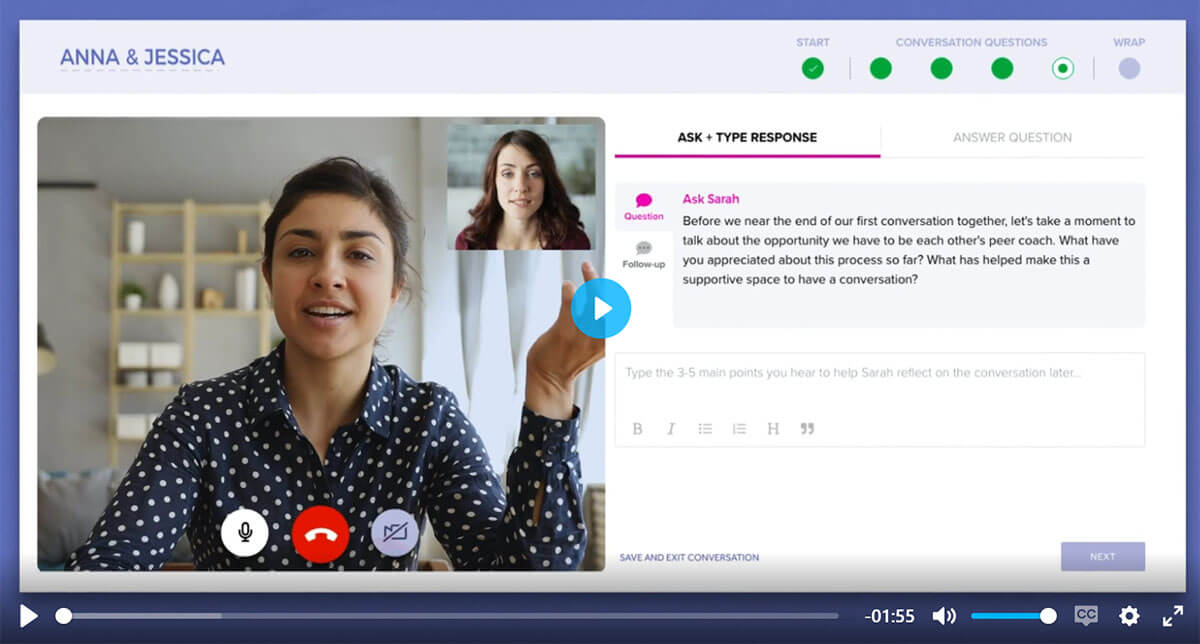The Airbnb Approach to Talent Development

In 2017, the average employer spent 34.1 hours and $1,296 per employee on learning and development initiatives. That’s a lot of time and money, and with the accelerating demands on organization to retain employees and close the skill gap, total hours and dollars are likely to increase.
2008 saw the launch of Airbnb and the ensuing disruption of the hospitality industry. Airbnb didn’t build more hotels or create a clever new way to find this traditional form of lodging. Instead, they saw thousands of empty bedrooms across every city that could be rented to strangers. These rooms were underutilized assets that could change the definition of what is possible in the travel industry.
The tech company found not only a way to lower the average traveler’s accommodations cost, but according to many of their customers, they created a better product. Unlike hotels, Airbnb created a connection with locals and offered a place to stay that was more authentic to the culture of the city or neighborhood. An Airbnb room is more than a place to sleep – it is a connection.
Is there a similar opportunity in learning and development?
In a 2018 survey of 1,000 full time employees, Imperative found that people report being more than twice as likely to learn from peers as from their managers. The research also points to why peer coaching is, in many ways, preferable to traditional, manager-driven learning.

To put this in “Airbnb terms,” consider managers and HR programs as hotels, and peers the local homes. We always look to advance employee growth via managers and HR programs (e.g. building more hotels, building better hotel search sites), but we’re completely ignoring the open rooms in local homes which are actually a better option than hotels.
What if we shifted some of our focus to make peer learning more accessible and effective?
In the same 2018 survey of a random sample of the US workforce, we asked people if they would be willing to coach a peer if asked. 90% said yes. In a company of 10,000 employees, that would be like suddenly adding 9,000 people to the learning and development team.

But, just like with Airbnb, to create this value, we need infrastructure to support it. How do we match people to provide peer coaching opportunities? How do we support learning relationships to ensure great outcomes?
More Than Cost Savings
Peer coaching has the potential to do much more than just make learning more scalable and cost effective. Just like Airbnb rentals have their benefits beyond cost savings, we believe peer learning does as well.
Workers spend almost 50% of each day on digital vs. in-person communication, and more than half feel lonely as a result. Additionally, 49% of people report not having meaningful relationships at work. We are struggling to build inclusive cultures. People have forgotten how to talk to each other at work as human beings.
Peer learning can (and I believe will) evolve the workplace to be more human. It also has the potential to teach us things we can’t learn in a Learning Management System (LMS) or TED Talk: empathy, collaboration, belonging, and mindset.

Activate Peer Coaching
Download our new white paper on peer coaching to learn why peer coaching can unleash employee potential at scale and how to deploy it in your organization.







